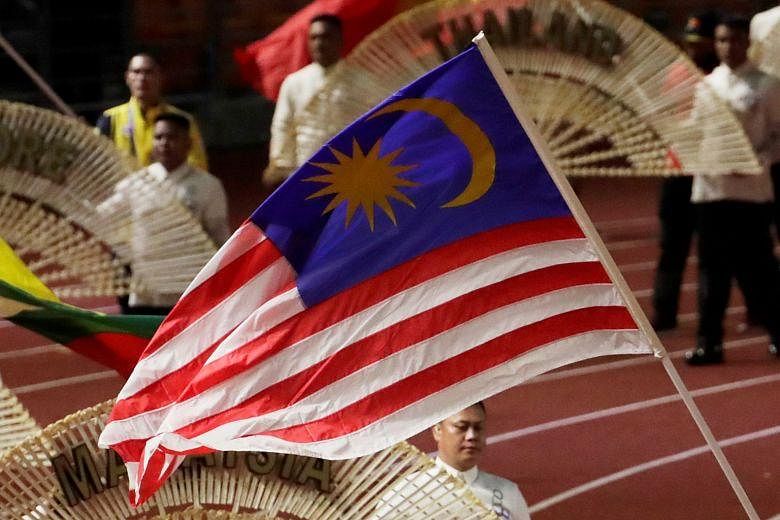KUALA LUMPUR - A meeting to discuss Jawi writing in Chinese and Tamil language schools was held on Sunday (Dec 29), a day after police used a court order to block a similar congress planned by Chinese education groups following protests from Malay groups.
The National Jawi Congress, which was organised by a new set-up that has been labelled a "liberal" group by some of its critics, began at about 10.30am at a hotel in Petaling Jaya, Selangor, local media reported.
Police kept watch but did not intervene.
Police last Friday (Dec 27) stopped a separate meeting planned for Saturday by Chinese educationists in Kajang, Selangor, with the police citing fears of "riots" if the meeting was allowed to proceed.
Chinese educationists had planned to speak out against the Education Ministry's move to introduce khat, or Jawi writing, in Chinese and Tamil primary schools next year.
The Saturday congress was put together by Dong Jiao Zong, representing the United Chinese Schools Teachers' Association (Jiao Zong) and the United Chinese School Committees' Association (Dong Zong).
There are more than 1,200 Chinese and 523 Tamil primary schools in Malaysia, that use either Mandarin or Tamil as the medium of instruction.
In August, the Education Ministry surprised most people by saying it would include Jawi writing in the Primary 4 syllabus of the vernacular schools, raising concerns over creeping Islamisation.
These schools are run independently of national schools, where the students, mainly Malays, are taught Jawi writing as part of Islamic studies.
Khat, as Jawi calligraphy is called in Malaysia, is the writing of the Malay language using Arabic script.
At the Sunday meeting organised by the new group Seni Khat Action Team (Sekat), Chinese educationists sat side by side with Malay intellectuals to discuss the issue, the reports say.
Several members of Malay non-governmental organisations who opposed the Chinese educationists' congress entered the Sekat meeting hall and were given seats, The Star newspaper reported.
Organisers at this congress said they want to hold a dialogue with the Education Ministry over the issue, which has taken political overtones.
"We do not want to take this matter to court but in the event the dialogue with the Education Ministry does not transpire, then this is the approach that would be taken," said Sekat secretary Arun Doraisamy, as quoted by New Straits Times online.

